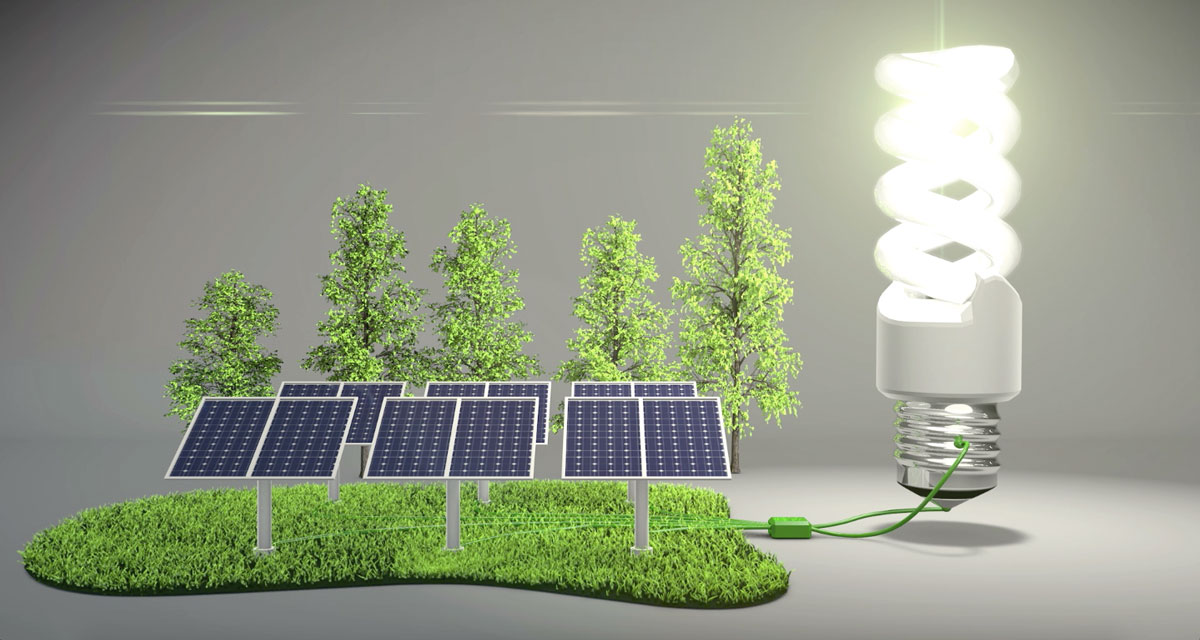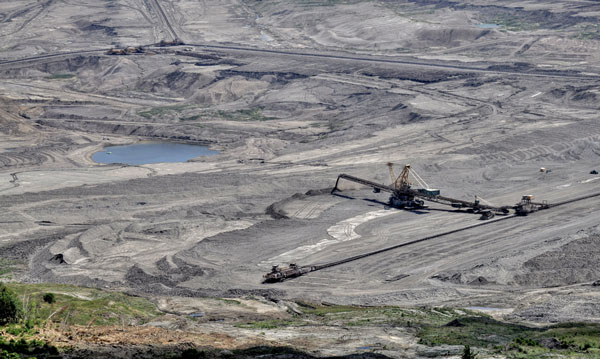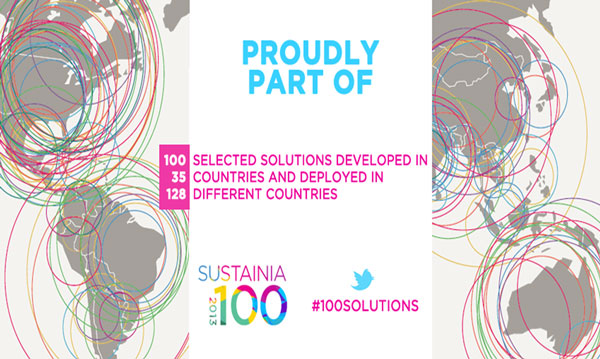Recent projects we are developing and have finalised
Today we’re dumping 70 million tons of global-warming pollution into the environment, and tomorrow we will dump more, and there is no effective worldwide response. Until we start sharply reducing global-warming pollution, I will feel that I have failed.
– Al Gore, former U.S. Vice President 1993-2001

Question: Why invest in Sustainability?
Answer: Companies that Invest in Sustainability Do Better Financially.
It’s a common misperception that responsible or sustainable investments are all in the hug yourself, warm feeling, good intention category, the inevitable consequence of which is diminished investment return. Nothing could be further from the truth. In the past decade, investor demand has increased transparency and communication, creating a large and growing pool of data on corporate sustainability. With this, objective decision-making can happen. Analysis of the data shows two important relationships: Resource efficient companies — those that use less energy and water and create less waste in generating a unit of revenue — tend to produce higher investment returns than their less resource-efficient rivals. Resource-efficient companies also display high levels of innovation and entrepreneurship, pushing core value metrics above the average large cap global business.
– Harvard Business Review, Garit Heyns, September 2012
Now imagine a company developed 100% from the principles of sustainability.
Biomass can be made from agricultural and forestry residues and some industrial wastes and crops grown solely for energy purposes. Biomass is an attractive fossil-fuel alternative because it is a renewable resource that is more evenly distributed over the Earth’s surface than finite fossil-fuel energy sources such as coal, oil and natural gas, and may be developed using more environmentally friendly technologies.
People have used biomass for heating and cooking for thousands of years – if you have a fireplace in your house, or have ever cooked over a campfire, you have used biomass. With today’s technology, plant materials can be used to generate electricity, heat, or liquid fuels for motor vehicles that have substantially lower environmental impacts than traditional fossil fuels.
Does biomass contribute to an increase in greenhouse gases? No. As a renewable and reliable energy source, biomass can be used to generate energy on demand with virtually no net contributions to global greenhouse gas.Burning biomass to create clean electricity releases no new carbons back into the atmosphere. Instead, it releases what would be released naturally as the organic matter decomposed.
Our proven process, produces sustainable results
1. ANALYSIS
Involves identifying the needs and determining the solutions
2. MARKET
Based upon our initiate analysis we develop a market analysis focusing on effect and realisability
3. IMPLEMENTATION
Moving towards the scale and scope a given project, we outline the framework and implement the project.
4. MAINTENANCE
Sustainability is infinite but do require maintenance in the long term
5. DELIVERY
Creating sustainability with a positive ROI is the essence our our organisation



